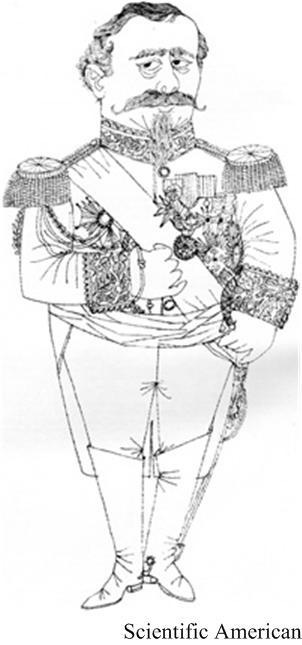 I thought it would be interesting to present a recent entry in the mathematician John Baez’s Diary on some extremes in mathematics from the Bourbaki school, namely, how many symbols it would take to define the number “1.”
I thought it would be interesting to present a recent entry in the mathematician John Baez’s Diary on some extremes in mathematics from the Bourbaki school, namely, how many symbols it would take to define the number “1.”
I don’t know if the “mathematician” Nicolas Bourbaki holds any significance for students today, but in my time (math graduate school in the 1960s) the Bourbaki approach seemed to permeate everything.
My first exposure to Bourbaki was as a humorous figure described by Paul Halmos in his 1957 article in the Scientific American—the humor being that Bourbaki did not exist. As Halmos wrote:
“One of the legends surrounding the name is that about 25 or 30 years ago first-year students at the Ecole Normale Superieure (where most French mathematicians get their training) were annually exposed to a lecture by a distinguished visitor named Nicolas Bourbaki, who was in fact an amateur actor disguised in a patriarchal beard, and whose lecture was a masterful piece of mathematical double-talk. It is necessary to insert a word of warning about the unreliability of most Bourbaki stories. While the members of this cryptic organization have taken no blood oath of secrecy, most of them are so amused by their own joke that their stories about themselves are intentionally conflicting and apocryphal.”
Nicholas Bourbaki was the pseudonym for a group of French mathematicians who wished to write a treatise which would be, as Halmos stated, “a survey of all mathematics from a sophisticated point of view”.
See the Bourbaki World
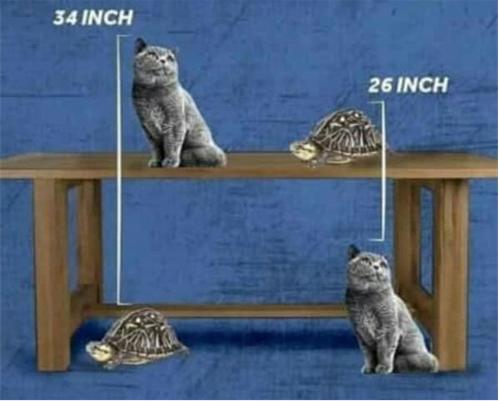 This is a cute little problem I came across via James Tanton (spoiler alert) on Twitter by Ayush DM:
This is a cute little problem I came across via James Tanton (spoiler alert) on Twitter by Ayush DM:
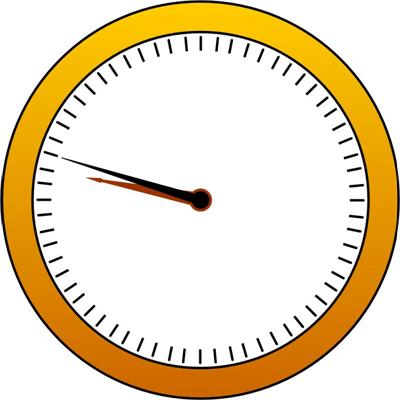 This is a nice variation on the typical clock problem posed by
This is a nice variation on the typical clock problem posed by 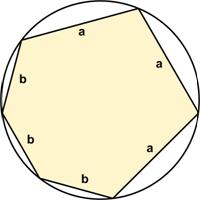 Here is another good problem from Five Hundred Mathematical Challenges:
Here is another good problem from Five Hundred Mathematical Challenges: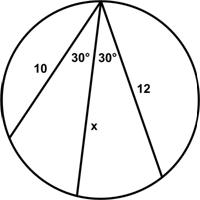 This is another challenging puzzle from
This is another challenging puzzle from  I thought it would be interesting to present a recent entry in the mathematician John Baez’s Diary on some extremes in mathematics from the Bourbaki school, namely, how many symbols it would take to define the number “1.”
I thought it would be interesting to present a recent entry in the mathematician John Baez’s Diary on some extremes in mathematics from the Bourbaki school, namely, how many symbols it would take to define the number “1.”